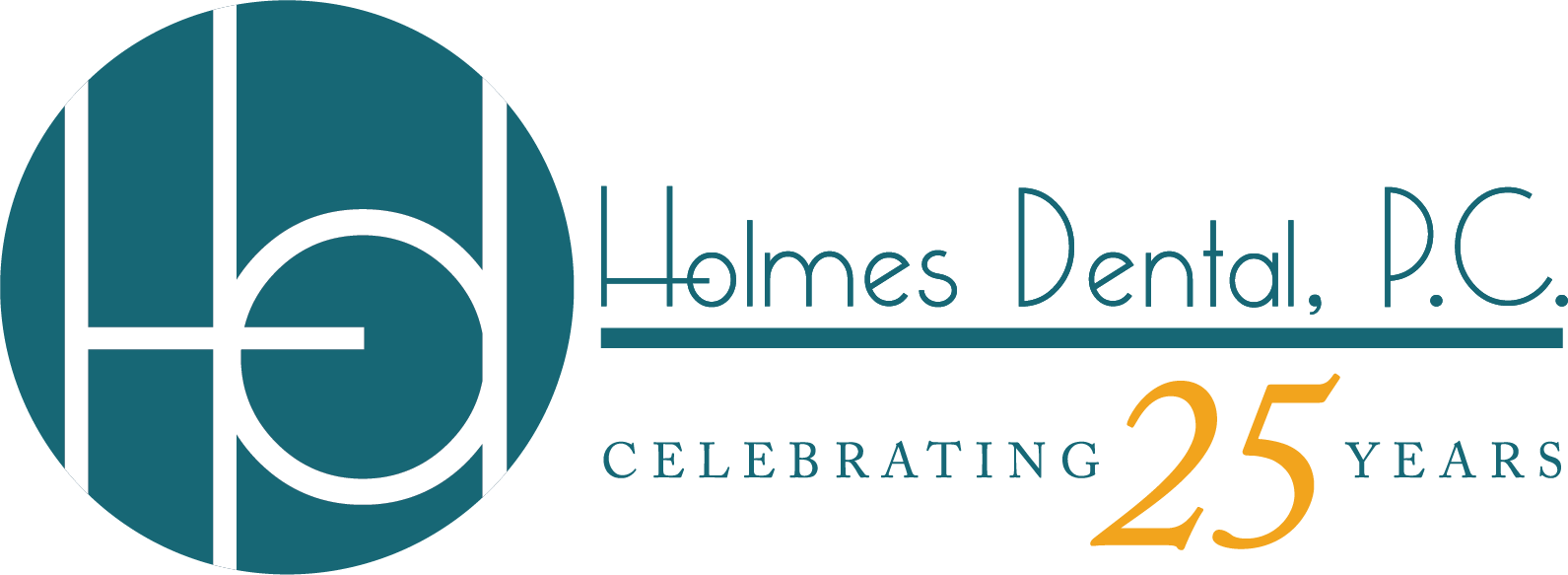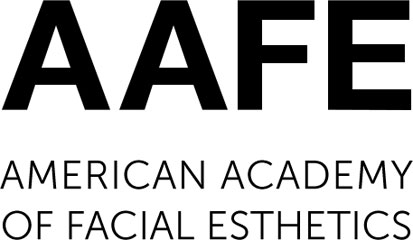Bruxism, teeth clenching and grinding, can contribute to TMJ disorder by straining jaw muscles and the temporomandibular joint. Prolonged stress may lead to inflammation, muscle fatigue, and joint damage, causing facial and jaw pain. Not all bruxism cases result in TMJ disorder, nor do all TMJ cases stem from bruxism.
Defining Bruxism and Its Impact on the Jaw

Bruxism is when you clench, grind, or gnash your teeth. This can happen while you sleep (sleep bruxism) or when you are awake (awake bruxism). The constant grinding puts a lot of stress on your jaw muscles, even more than normal chewing.
Bruxism can seriously affect your jaw. Here are some of the results:
- Muscle fatigue and pain: Your jaw muscles work too hard, which causes soreness, stiffness, and pain. Sometimes, this pain can spread to your face and neck.
- Tooth damage: Grinding can wear down the protective layer on your teeth, making them more likely to get cavities, cracks, and sensitivity.
- TMJ strain: Bruxism stresses your TMJ, possibly causing inflammation, pain, and problems with jaw movement, which are signs of TMJ disorder.
How TMJ Disorder Interacts with Bruxism
Temporomandibular disorder, or TMD, includes different issues affecting the temporomandibular joint (TMJ). This is the joint that helps you move your jaw. It also affects the muscles and ligaments around the joint. To understand the contributing factors of TMD, researchers emphasize the importance of considering your health history. They are currently studying the link between TMJ disorder and bruxism, as well as the potential impact of overlapping conditions like fibromyalgia. Many believe that bruxism can make TMJ disorders worse or even cause them.
Signs and Symptoms of Bruxism and TMJ Disorder
Recognizing the signs of bruxism and TMJ disorder is very important. It helps people get help early from a dentist and avoid complications and more problems later. The National Institute of Dental and Craniofacial Research says that finding and treating these conditions early can really help. This can lead to better symptoms and a higher quality of life for those affected.
Some symptoms may be similar, but knowing the differences between bruxism and TMJ disorder is key. It helps doctors diagnose correctly and provide better treatment.
Recognizing the Early Signs of Bruxism
Bruxism is a habit that many people don’t see, especially when it happens mostly at night. It helps to know the early signs:
- Jaw pain: You might feel soreness or tenderness in your jaw when you wake up.
- Headaches: Dull headaches can start at the front of your ears or your temples.
- Teeth grinding sounds: If you hear grinding or clenching sounds during sleep, your sleep partner might notice it, too.
Identifying Symptoms of TMJ Disorder
TMJ disorder can show different symptoms in different people. Here are some common signs to look for:
- Jaw clicking or popping: You may hear clicking or popping sounds when you open or close your mouth. This can also feel like your jaw is catching or locking.
- Facial pain: You might feel pain in your jaw, cheeks, temples, or near your ears.
- Limited jaw movement: You may have trouble opening your mouth wide, or your jaw muscles might feel tight.
Causes Behind Bruxism and TMJ Disorder
The exact cause of both bruxism and TMJ disorder can be complex and different for each person. Still, it is commonly believed that several factors help to cause these conditions:
- Psychological factors: Stress, anxiety, and certain personality traits are closely related to bruxism, which shows a connection between the mind and the body.
- Physical triggers: Things like jaw misalignment, teeth grinding, and even how you sleep can lead to TMJ disorder.
Psychological Factors Contributing to Bruxism
Stress and anxiety can be big reasons for bruxism.
- Stress: When we feel stressed, our bodies get tight. For some people, this leads to clenching jaws or grinding teeth, especially while asleep.
- Anxiety: People with anxiety disorders may grind their teeth while awake or asleep to help let go of nervous energy.
- Emotional well-being: Hidden feelings, like frustration or anger, can also cause bruxism. We might not even realize we have these emotions.
Physical Triggers of TMJ Disorder
While mental factors are strong in causing bruxism, physical triggers also play a role in TMJ disorders.
- Arthritis: Problems like osteoarthritis and rheumatoid arthritis can harm the TMJ, causing pain, inflammation, and stiffness.
- Malocclusion: If the upper and lower teeth do not line up properly, this can strain the jaw muscles and joint, leading to TMJ disorder.
- Jaw trauma: A hit to the jaw or an injury to the TMJ can cause pain and difficulties.
Treatment Options for Managing Bruxism and TMJ Disorder
Treatment for bruxism and TMJ disorder usually includes different methods. The aim is to ease symptoms, fix the main issues, and help the jaw work better. Each treatment plan is unique to the person. It can have both non-surgical methods and, at times, surgery.
The main goals are to lessen pain, protect teeth from further damage, and boost overall quality of life.
Non-Surgical Interventions for Relief
For many people, gentle and non-surgical treatments work well for bruxism and TMJ disorder:
- Oral splints: Also called mouth guards, these custom-made protectors help keep teeth safe from grinding and clenching. They lower stress on the jaw muscles and TMJ.
- Muscle relaxants: Doctors may suggest these medicines for a short time to ease muscle spasms and pain linked to TMJ problems.
- Physical therapy: Special exercises can strengthen jaw muscles, improve jaw movement, and lessen pain.
- Nightguards: A custom-fitted dental appliance worn at night to protect teeth from grinding or clenching, helping to prevent damage and alleviate symptoms.
When Surgery Is Considered a Treatment Option
Surgery may be considered if conservative treatments fail or there is significant TMJ damage. Options include:
- TMJ arthroscopy: Minimally invasive procedure using a tube and camera.
- Botulinum toxin injections: Temporarily relieve pain and reduce muscle activity.
- Open-joint surgery: Reserved for severe cases to repair or reconstruct the TMJ.
Consult a healthcare provider to determine the best treatment based on the individual’s condition.
Schedule an Appointment
If you believe you may be suffering from bruxism or TMD, don’t wait to take action. The team at Holmes Dental can effectively identify and treat the issue and help determine the root cause. Schedule an appointment now to get started.

 Dan Holmes, DDS
Dan Holmes, DDS Nicole Holmes, DDS
Nicole Holmes, DDS Our Team
Our Team




